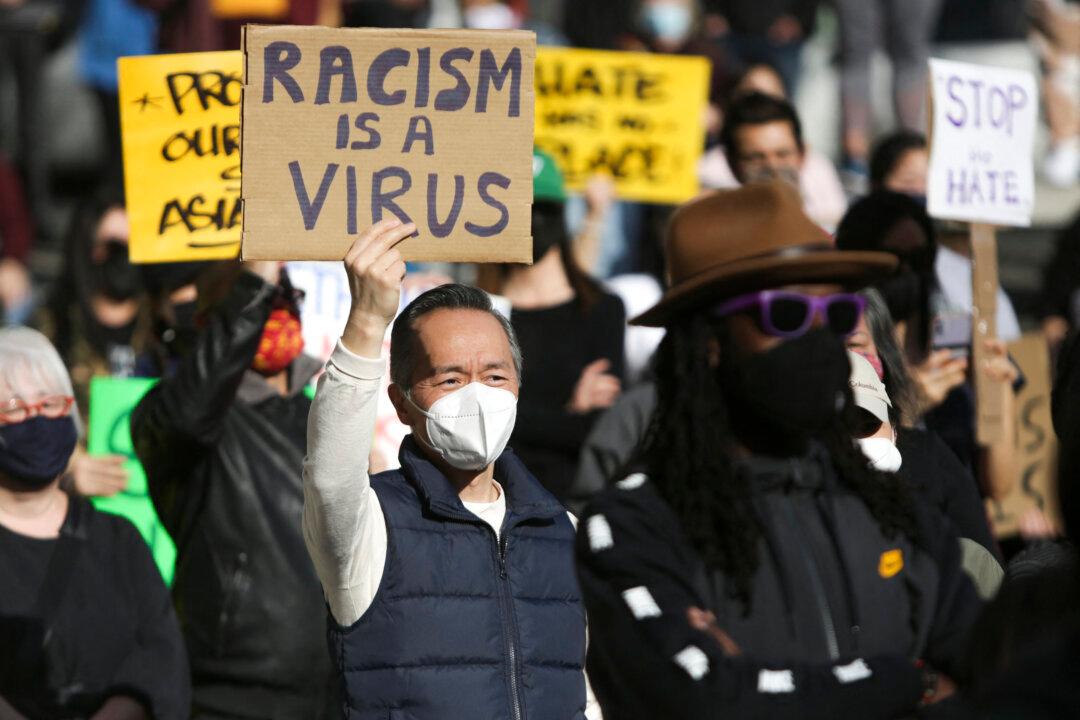An expansive pro-Beijing influence operation has sought to sow division around the CCP (Chinese Communist Party) virus pandemic and incite street protests in the United States, cyber intelligence researchers found.
The network initially began in 2019 focusing on discrediting Hong Kong’s pro-democracy protests. The operation has since expanded in size and scope, spanning 30 social media platforms and 40 other websites and online forums in seven languages, according to a Sept. 8 report from U.S. security firm Mandiant Threat Intelligence.





